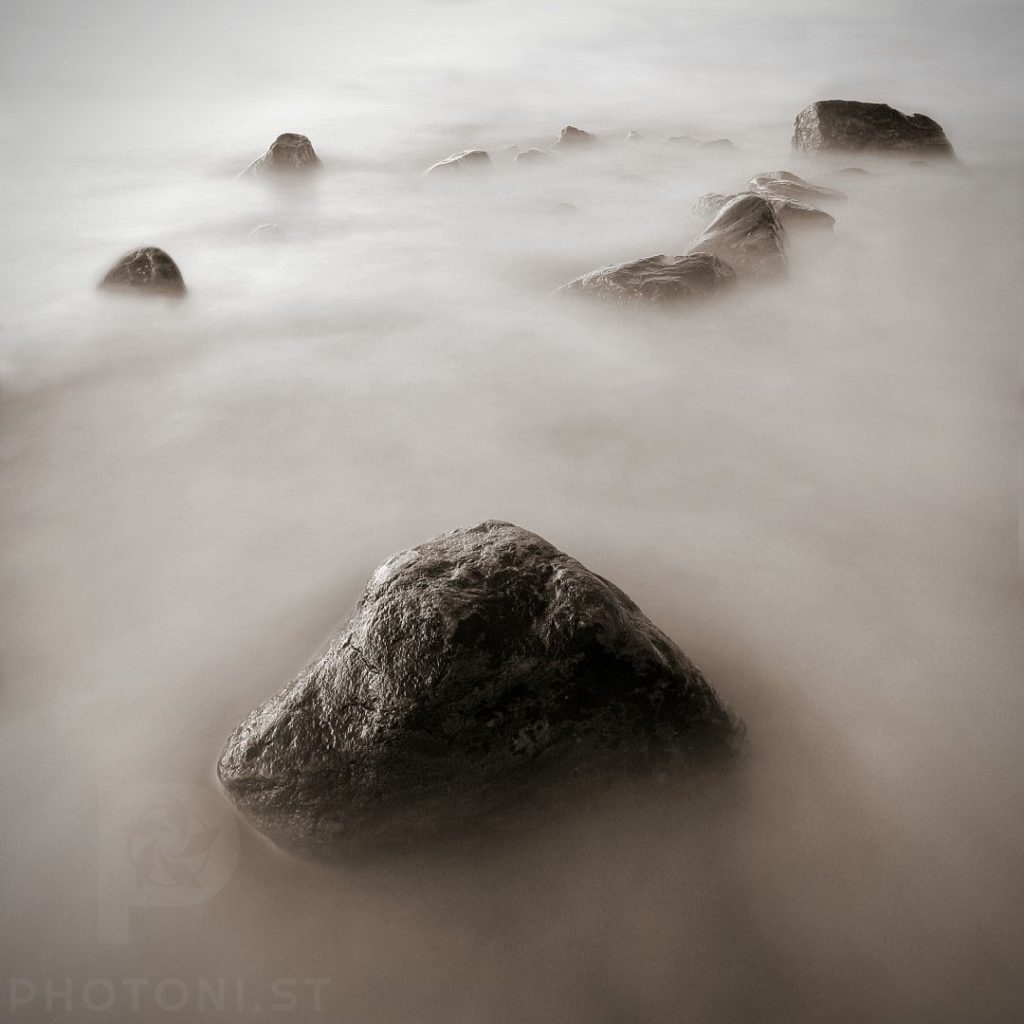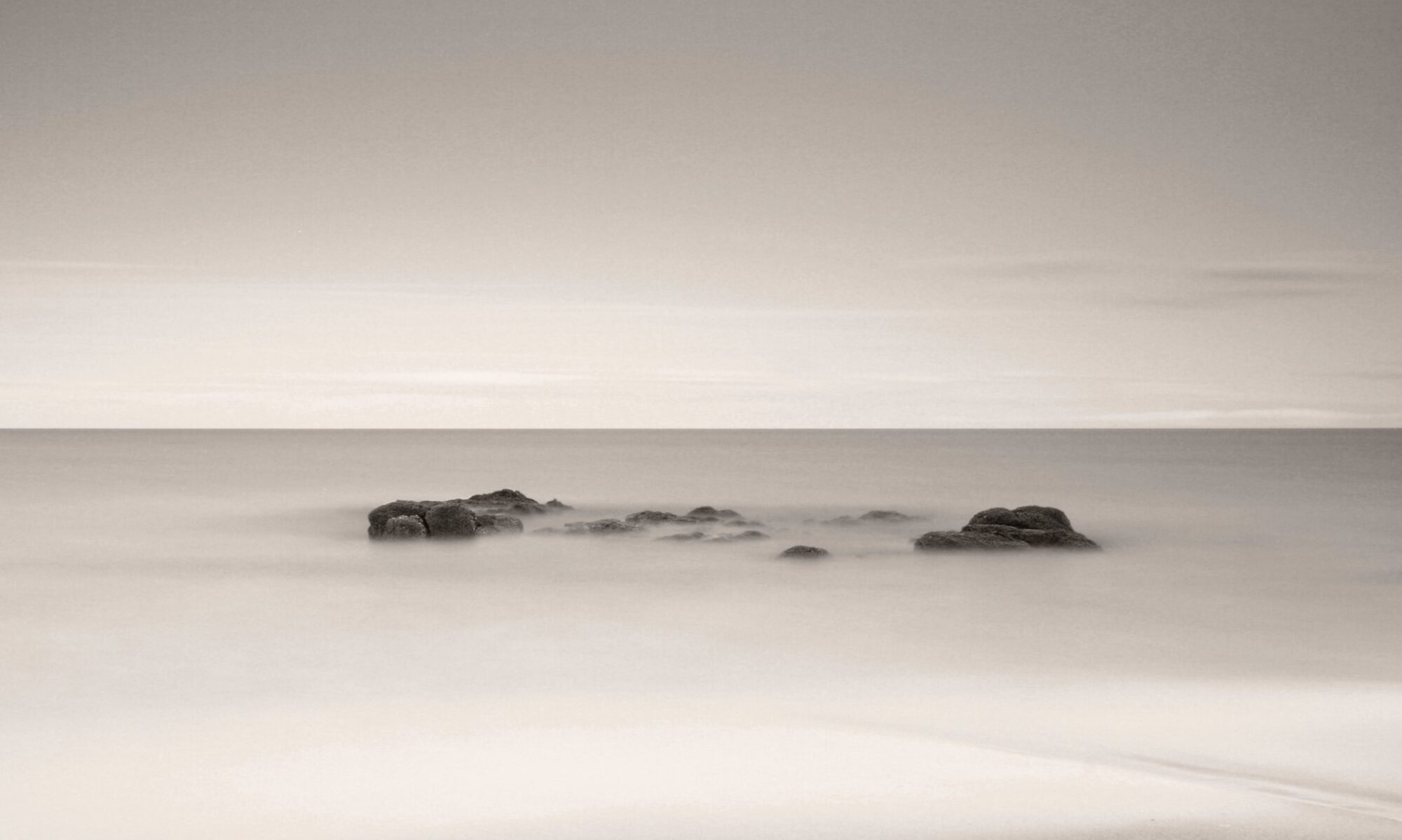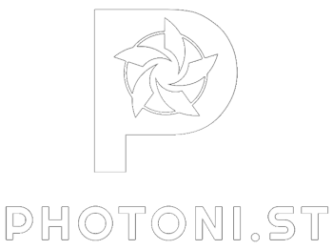For me, the key distinction between a snapshot and true photography is intention. It took me about two years to undergo a significant shift in how I approached photography. I went from taking photos of whatever caught my eye wherever I happened to be, to having a specific photo in my head and seeking out the right time and place to create it. It was a gradual process, but one day, something clicked. I had a clear image in my mind of rocks in the sea, and I knew I needed to capture it.

That moment marked the beginning of a new approach for me. I started going out on photography trips with an idea already formed, sometimes just a vague concept, but enough to drive me to specific locations in search of it. I might spend an entire day looking for the right setting, take one photo (often repeating it several times to be sure I got it right), and then head home. Some photos took months to materialise, requiring a combination of research, patience, and luck to bring them to life.
This shift in approach still defines what I do today, regardless of the genre I’m working in, whether it’s portrait, landscape, or urban photography. Before I head out, I often have a mental image of the photograph I want to create. I choose my locations based on the likelihood of finding what I’m looking for. Even when I’m walking through the streets, I’m searching for something specific that I’ve imagined.
This can sometimes limit my ability to embrace the spontaneous nature of street photography for example. I’ve found that my focus on intentionality can make it harder to appreciate unexpected details or fleeting moments. When I decide to try street photography, I often take very few photos in a day. Same for holiday photos. It’s just not the way I think about photography.
Can you make this shift happen, or do you have to wait for it to occur naturally? In my case, it just happened. It might be that the process is tied to the sheer volume of photography one consumes over time (I get obsessive with my hobbies). The more I viewed and studied the work of others, the more I internalised key principles of the craft. At some point, those principles stopped being external guidelines and became an automatic part of my process. Or perhaps it’s about having practiced enough that certain elements (composition, lighting, subject selection) become second nature and instead of receiving them from the outside, you project them from the inside.
Henri Cartier-Bresson talked about “the decisive moment”, that perfect fraction of a second where the elements of a scene align into something meaningful and visually powerful. For me, it feels like the internalisation of intention is a personal version of this idea. Cartier-Bresson often captured spontaneous moments, but they were informed by an extraordinary awareness and sensitivity to the world around him. His ability to anticipate was born from years of practice and observation.
Similarly, Ansel Adams famously said, “You don’t take a photograph, you make it.” Adams emphasised control and intention in landscape photography. He understood that creating a powerful image often involved waiting for the perfect moment, sometimes in the most challenging natural conditions. I think about this a lot when I’m out waiting for the right light, or when I revisit a location again and again, hoping for the right atmospheric conditions to align with my vision.
So, can you force this shift into intentionality, or must you wait for it to happen naturally? I suspect that, like many things in photography, it’s a bit of both. You can practice, consume others’ work, and deepen your technical knowledge, but ultimately, the moment when your approach changes is a personal one. It sneaks up on you after enough time spent behind the lens. Maybe it’s an experience that clicks into place once you’ve internalized the right mix of skill, inspiration, and patience. When that happens, the transformation from taking snapshots to making photographs is permanent.
#Photography #Theory #PhotographyTheory #Opinion

